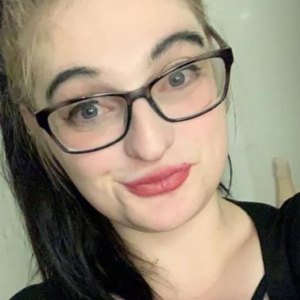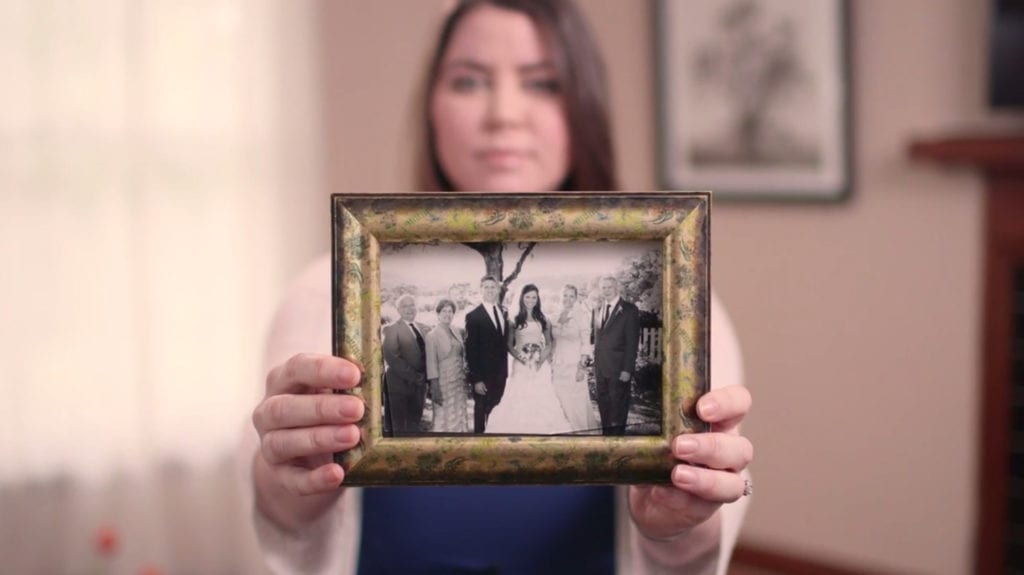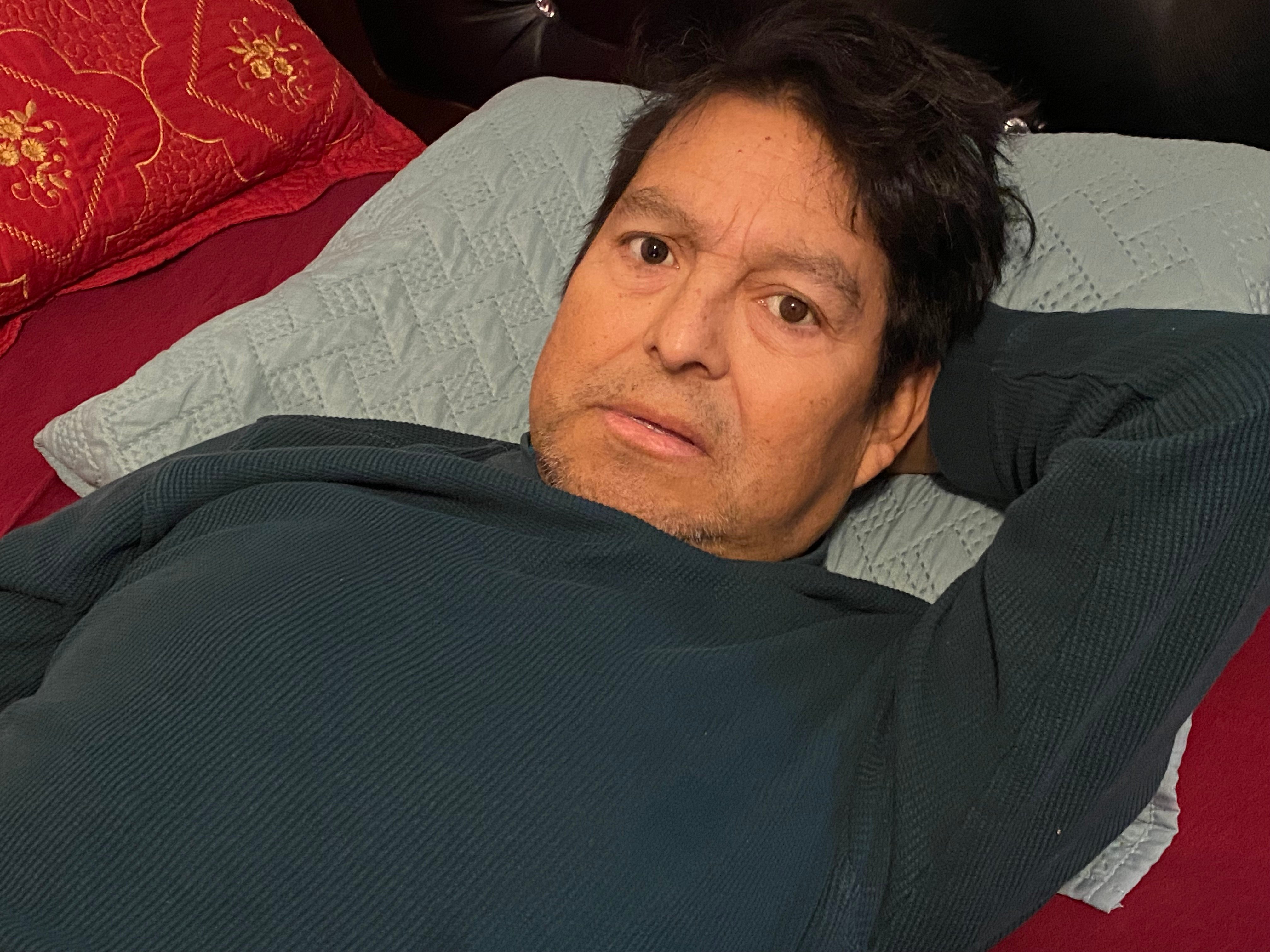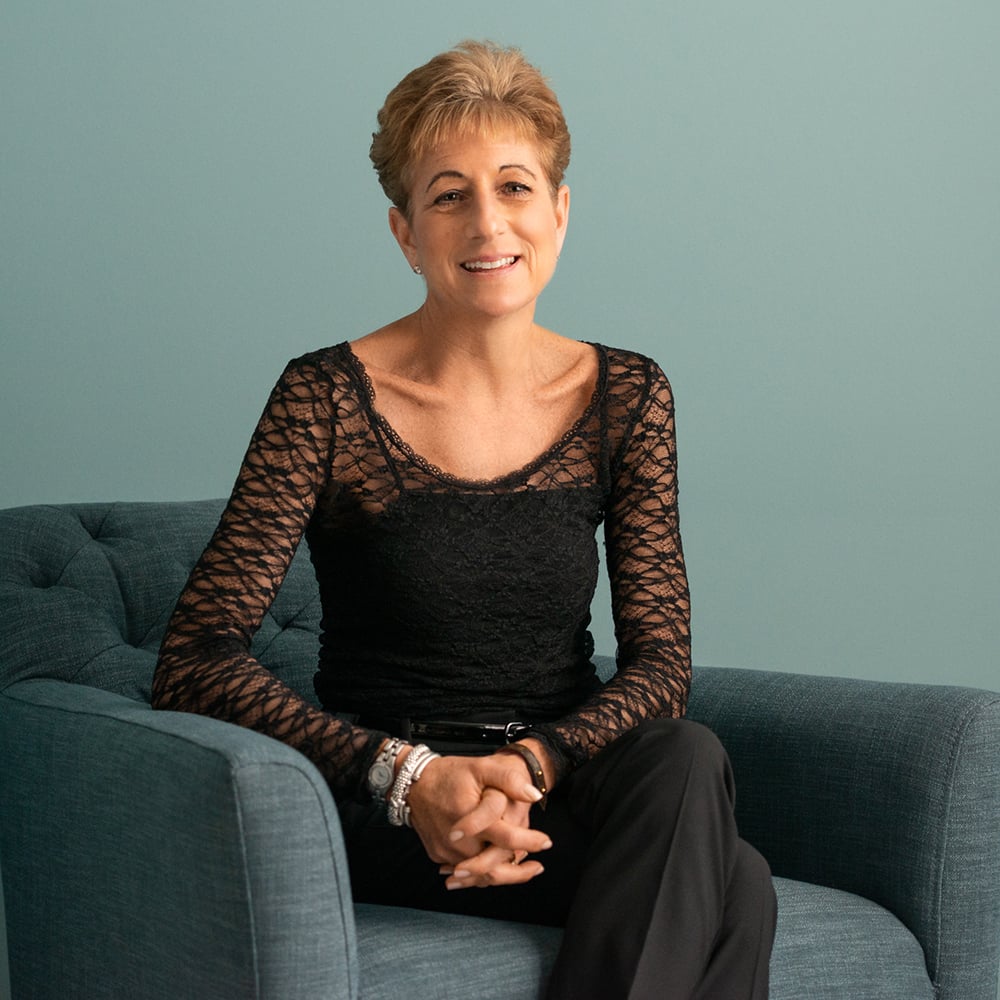If you believe that terminally ill residents in Minnesota should not have to suffer like Kaitlyne, add your name here.
Kaitlyne shared her story in June of 2023.
The nerve specialist said, “With how your EMG (electromyography) test looks, we think you have ALS. We’re ordering additional tests to rule out anything that could mimic ALS. But your motor neuron progression between three months ago and today is normally only found in patients with ALS.”
My mom and I were so shocked and overwhelmed by all the information the doctor was giving us that neither of us thought to ask any follow-up questions. We left and headed down to the subway system below Mayo Clinic. I Googled “ALS.”
“Mom, it says it’s terminal, and 90% of people who get it are men over the age of 60.” I was 29 years old. “So I’m guessing that’s not it, because that means I’m dying.”
I continued to read: “People with ALS become effectively paralyzed; they can no longer swallow, they can’t eat, they can choke on their own saliva — oh, wow, suffocation —” I stopped. I’ve had asthma my whole life, and suffocating has always been one of my number one fears. I thought, “I can’t have this disease. I’m going to ignore this.”
That was March 2021.
The year before, I was working long hours as a mental health professional for adolescents with acute behavioral issues who often acted out in extreme violence. My job was very demanding, but it paid well, and by 2020 I was finally in a place financially where I could pay off all my bills in advance and still save money to travel. For a long time, I’d wanted to travel the world and maybe even move abroad. Now I was planning a trip to New Zealand.
I had almost saved up all the money I needed for the trip when I started having issues with typing and writing. In August or September of 2020, I realized I could no longer complete the charts for my clients. I’ve known for a while that I have Ehlers-Danlos syndrome, a connective tissues disorder, so I chalked it up to that.
In October my genetic counselor did a physical and informed me that the problems I was experiencing were not related to Ehlers-Danlos. She referred me to a neurologist at the Mayo Clinic in Rochester who specializes in body movement, and my diagnostic journey toward ALS began.
Throughout 2021 and early 2022, I received additional EMG tests and met regularly with a physical medicine doctor who is part of the ALS clinic at Mayo. My doctors knew I had some type of motor neuron disease that might be ALS and were monitoring how my symptoms progressed to determine whether it was indeed what they suspected.
During this time, my husband and my mom started commenting that I was walking more slowly than usual. It was getting harder for me to lift my legs to get into my husband’s truck. We thought it might be because I wasn’t as active as I used to be, so we tried increasing my time on my feet, going to the mall to walk, but I was only getting worse, not better.
On May 26, 2022, the doctors at the ALS clinic confirmed I have ALS.
It’s been a little over a year since then. I can still walk, but only around my house, and it’s getting harder. I’ve started to have more saliva than usual, and occasionally I choke on it or on a liquid I’m drinking. I’m dealing with cramps and contractions in my legs, back and neck, as well as some intermittent speech issues. I no longer sleep in the same bed as my husband because I require a hospital bed to help with my breathing. It’s clear that things are getting worse, and rapidly.
With each progression of my symptoms, I face new losses. I’m rarely able to leave my house. I miss shopping, reading books and doing things on the spur of the moment. I’ll probably never go to Europe or New Zealand like I had dreamed of.
All of these things are hard, but they are nothing compared to knowing, and sometimes even getting a taste of, the kind of death I will experience without the option of medical aid in dying in Minnesota.
Dying of ALS means suffocation, your breathing muscles paralyzed. It’s a horrific death. I don’t want to be gagging because I can’t breathe, and I don’t want my mom and my husband to have to watch and be unable to do anything about it. I want them to remember me as I am now. Why can’t someone who’s going through something this terrible be allowed to have a peaceful death? I want to spare myself and my family as much pain as possible and go out on my own terms.
I’ve talked with my husband about going to Oregon to access medical aid in dying, but the challenges are prohibitive: It would be expensive for us to travel there and pay for a place to stay, not to mention logistically burdensome for me to arrange and make that journey. If Minnesota allowed the option of medical aid in dying, I could go through my existing doctors at Mayo, use their hospice program and have much more control over the timing of when I’m ready to make that choice. Instead, I’m forced to die slowly and in the way I most fear. There’s so much trauma with this illness — is it truly necessary that my last days be traumatic as well?






